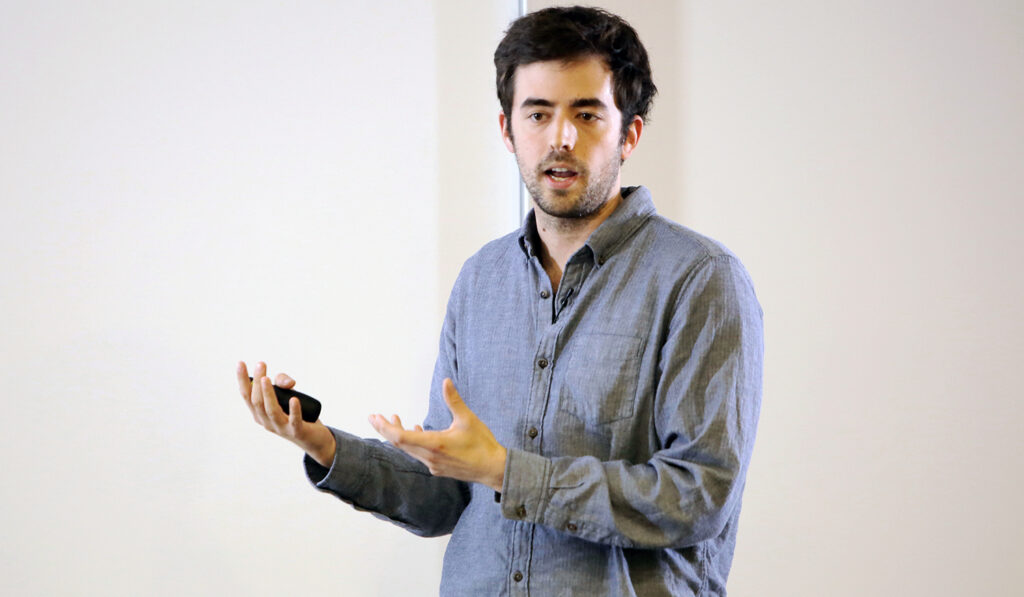Prof. Dr. Filipe Cabreiro (Imperial College London)
Biological Colloquium of the Christian-Albrechts-University Kiel
Wednesday, 22nd May 2019, 3:00 pm
Center for Molecular Biosciences (ZMB)
Seminar room 4th floor
Am Botanischen Garten 11
As guest of the CRC 1182
Prof. Dr. Filipe Cabeiro
MRC London Institute of Medical Sciences
Institute of Clinical Sciences, Imperial College London
Talks about:
Host-Microbe-Nutrient Interactions: Metabolic Cross-talk for Cancer and Ageing
In the past century, attempts to understand human disease were focused on identifying mutations in the genome responsible or associated with a disease state. Despite great advances in our understanding of disease from this genomic-centric approach, we still do not fully comprehend why similar mutations can lead to a wide-range of disease manifestations. Recent evidence shows that disease states arise from the complex interactions between the genetic make-up of the host and its environment. Nutrition and the microbiome are key environmental factors regulating host physiology but studying these in the context of drug efficacy remains a great challenge.
Combining two tractable genetic models, the bacterium E. coli and the nematode C. elegans, we are currently unravelling the complexity underlying such interactions in the efficacy of fluoropyrimidine anticancer drugs (Scott et al, Cell 2017) and the anti-diabetic drug metformin (Cabreiro et al, Cell 2013). Currently, using a 4-way drug-microbe-nutrient-host high-throughput screening approach combined with multi-omics at the host and microbe level (the holobiont) we find that the microbiota integrates nutrition and drug cues through complex signalling networks to drive unique phenotypical outputs in the host. Health benefits to the host conferred by the impact of drugs on the microbiota can be recapitulated through targeted genetic manipulation of signalling or metabolic pathways in bacteria.
Overall, our data shows that the mechanistic understanding of the effects of diet, drugs and intestinal microbiota on host physiology allows their manipulation and may improve health in humans.




